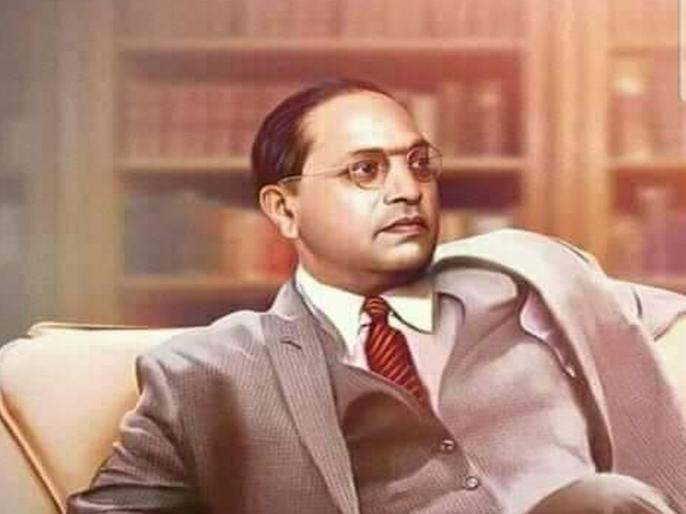By Priya Rathi
Behind every ancestral property now stands women with equal rights as men. It is commonly misunderstood that the property is devolved to the son(s) of the family and not the daughter(s). Hindu Undivided Family (HUF) is one such prominent practice to understand inheritance which is created by Hindu, Jains, Sikhs and Buddhists family. The group of individuals must share common roots. According to the Hindu Succession Act 1956, any individual born in Hindu Undivided Family (HUF) becomes a coparcener by birth. Hence both sons and daughters qualify as coparceners in the family and share equal rights and liabilities over the property. To understand this better – Coparcener has a right to demand partition, acquire property upon division, or any such significant right and entitlement is only provided to the Coparceners of the HUF. Earlier, as per Section 6 of the Hindu Succession Act 1956, only male members of the HUF were considered as coparceners and the same status was not given to females. Back then, females were only members in the HUF. The Hindu Succession (Amendment) Act, 2005 effective from September 9, 2005 is designed to ensure that women are treated as equal to men in inheritance rights. After this amendment, daughters are also considered as coparceners. Further are a few more interesting facts about the rights of woman in ancestral property.
Females are Coparceners by birth. This right rules out all the doubts related to the existence of the HUF before or after 2005; whether daughter was married before or after 2005; and demise of the father before or after 2005 etc. The amended law clearly ensures the right of daughters as coparcener in the HUF. In the case of (Vineeta Sharma vs Rakesh Sharma, 2020), the Supreme Court decided that coparcenary is a birth-right. Although the law came explicitly into force in 2005, daughters are legitimately entitled to the same rights as sons in the HUF. For instance, a married daughter is coparcener with equal rights even though married before 2005; daughters are entitled to HUF’s property as son, even if the father died before 2005. Law emphasizes on birth in HUF as a qualifier.
She along with her husband can also create a HUF. It is not that after her marriage, she is parted away from her father’s HUF and becomes part of her husband’s HUF only. Married daughters are entitled to her share after her marriage also. Even if she wants to gift her share in the HUF to any other member, she cannot do so, while she is alive, except by way of a will. In case of her death and when no will was documented, her legal heirs are entitled to the shares and it is not that her share will be distributed amongst other members of the HUF. In case, none of her children are alive at the time of her death, grandchildren can also be granted the share but in no circumstance, can she be deprived of her share.
After the Hindu Succession (Amendment) Act, 2005, it was clear that a woman can be Karta of the HUF as decided in (Mrs. Sujata Sharma vs Shri Manu Gupta & Ors, 2015). The Delhi high court held that female coparcener may become Karta of the family. The eldest coparcener irrespective of the gender is the Karta of the HUF. Karta manages legal and financial affairs of the HUF. Wife is member in the HUF hence she cannot become Karta. Wife can act as a guardian of the minor coparcener after the death of her husband till kids attain the age of majority. A member cannot demand partition of the HUF but this does not deprive the wife from her share. The Hindu Succession Act has to be read for such claim over the share, which defines what property is within disposing capacity of the HUF.
When it comes to distribution of the income of the HUF, the share is equivalently allocated irrespective of age and gender. Daughters are entitled to an equal share. Such allocation is not taxable in the hands of members when taxed in the hands of HUF.
The Supreme court bench of Justices S Abdul Nazeer and Krishna Murari made a significant judgement on January 20, 2022. In Arunchal Gounder (Dead) by LRS. V. Ponnusamy and Ors. (Civil Appeal No. 6659 of 2011), the SC held that the daughters of a male Hindu dying without forming a will would be entitled to the properties of the father. The properties could be self-acquired or received at partition by the father. The daughters will get preference over other collaterals. The judgement dealt with the property rights of women and widows under the Hindu Succession Act and is the latest in the series on inheritance rights of women.





